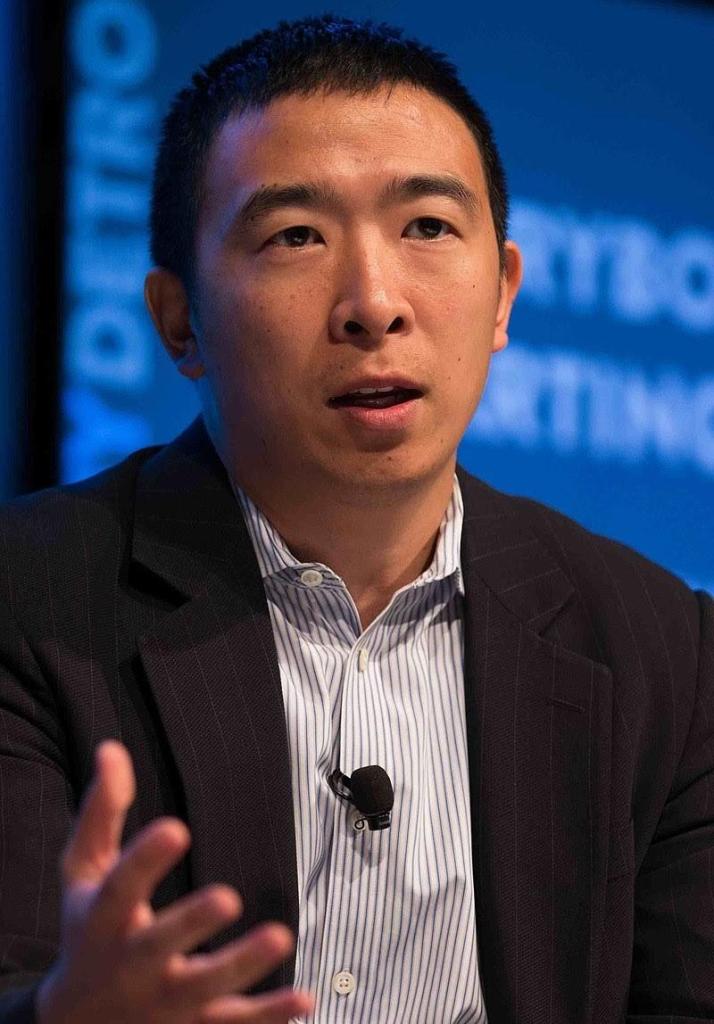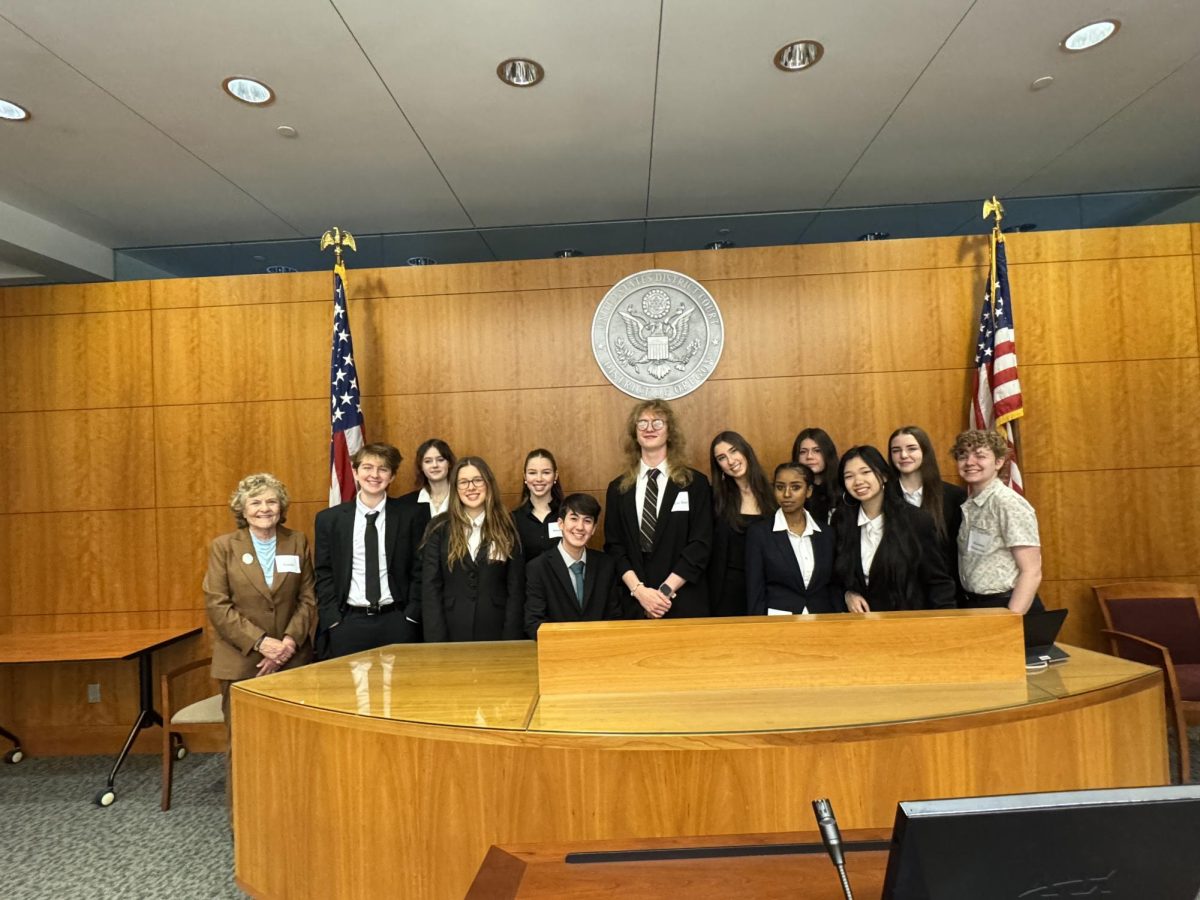
December 19, 2019 the last Democratic debate of the year took place. It was hosted by PBS NewsHour and Politico at Loyola Marymount University in Los Angeles, California. Just as all previous debates, the standards to be on the stage became higher. Candidates needed to have at least four percent in four polls, or six percent in two early state polls, and also needed 200,000 unique donors. This debate narrowed the field down by quite a bit, with only seven candidates making it onto the stage that night. However, just weeks earlier Kamala Harris dropped out of the presidential race, causing quite a stir. Not only was her absence shocking, but it also highlights the issues within the Democratic Party. The lack of diversity was one of the many topics that was brought forth that night. Out of the seven candidates who made it on, only one was of color. Andrew Yang, when asked about the lack of diversity among the Democratic nominees, stated that it was “both an honor and disappointment to be the lone candidate of color on the stage.” He was quick to bring up how money plays an influential role in who gets to be on the debate stage every month and the huge disparities that come with that.
In fact, money became a heated topic when Elizabeth Warren accused Pete Buttigieg of holding fundraisers in a “wine cave full of crystals” stating that those types of events attract wealthy billionaires, who should not be picking the future president of the United States. However, Buttigieg was quick to respond, saying that he’s the only non-millionaire or billionaire on the stage that night, and just because he gets donations from wealthy people it doesn’t suddenly “pollute my campaign.”
Buttigieg had to fend off many of his fellow candidates throughout the debate. From Warren and Klobachar, and even Bernie added in a few remarks. It was clear that he was the main target for the night. And while Buttigieg had a very strong night, other top contenders were Joe Biden and Amy Klobachar.
While the spotlight has never been on her for very long, Klobuchar seems to be rising in popularity among voters. She makes her points concisely, and with a point to drive it home. In fact, a FiveThirtyEight/Ipsos poll looked at how favorably people rated candidates before and after the debate, and Klobachar had the biggest boost. Her moderate policies and ideals are seeming to compete most with Buttigieg, who dropped in favorability after the December debate according to the same poll.
The other winner of the night was Joe Biden. While he continues to lead the polls nationally, he is also one of the most criticized candidates running. Whether it be about his son Hunter Biden and his involvement with Ukraine or past legislation, he is watched at every point. However, this debate he had solid answers with substance and evidence to back him up. But the most memorable moment during and after the debate was when he took the time to tell the audience how he connects with his supporters and future voters, especially children who have a stutter, something he has had to deal with his whole life. In fact, during this portion of the debate Sarah Huckabee Sanders, the former White House Press Secretary, mocked Biden’s stutter on twitter writing “IIIIIIIIIIIIIII hhhave absolutely no idea what Biden is talking about.” Biden responded to this tweet after the debate stating that he’s “worked his whole life to overcome a stutter” and how he is able to help children because of it. Sanders ended up deleting her tweet and apologizing to Biden by saying “I actually didn’t know that about you and that is commendable. I apologize and should have made my point respectfully.”
While each debate continues to narrow the field of potential candidates, there still has not been a perfect candidate for many voters. Future debates will hopefully continue to narrow the race for the primaries.
































